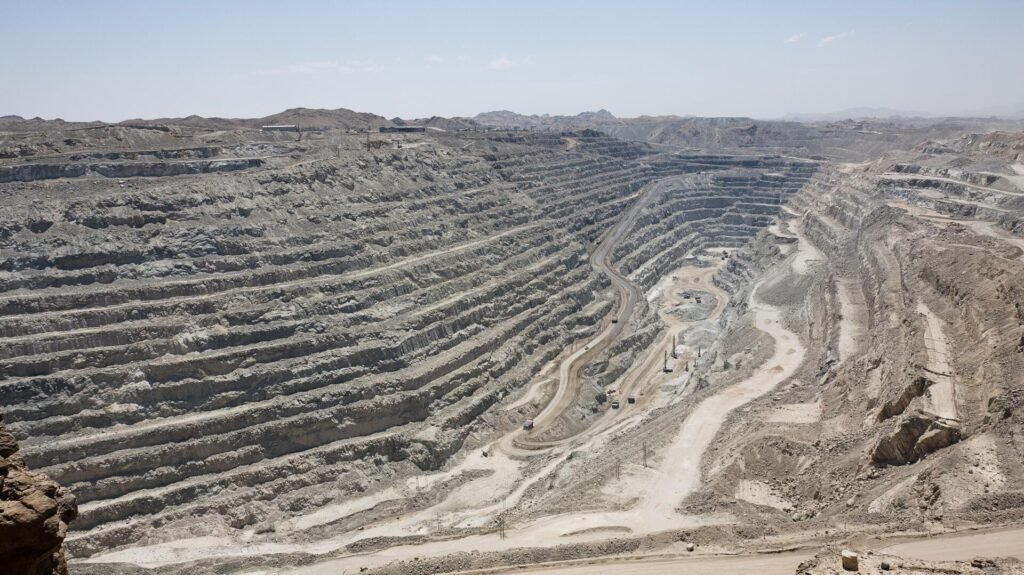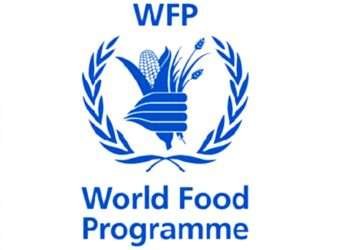French nuclear group Orano has raised alarm over 1,500 metric tons of uranium stockpiled at its expropriated SOMAIR mine in northern Niger, warning that it will demand compensation and pursue criminal charges if the material is seized or sold without authorisation.
A source at the mine said Niger had not yet sold any uranium but noted that “potential buyers include Iranians, Russians, and Turkey.”
The dispute comes after Niger’s military government blocked Orano’s operations at the SOMAIR site and later nationalised the mine. In January, the French company launched arbitration at the World Bank’s International Center for the Settlement of Investment Disputes (ICSID).
Niger, the world’s seventh-largest producer of uranium used for nuclear fuel and medical treatments, supplied 15% of Orano’s needs before the suspension of its mines. The expropriation of Orano’s 63.4% stake reflects a broader trend in West Africa, where military governments in Mali, Burkina Faso, and Guinea are asserting more control over natural resources.
A World Bank tribunal ruled on September 23 that Niger must halt the sale or transfer of uranium mined before the suspension. Orano, responding to Reuters, said it has no information about any production since operations were halted but maintained that “to the best of our knowledge, the uranium is still stored at the SOMAIR site.”

Tribunal Blocks Uranium Sale In Niger Dispute
With uranium spot prices at $82 per pound, the stockpile at SOMAIR is valued at roughly $270 million. Prices have surged nearly 30% since mid-March but remain below the February 2024 peak of $106.
Orano declined to comment on reports of potential buyers approaching Niger, citing the ongoing arbitration. The Nigerien government has also not issued an official statement in response to the company’s warnings.
A mine source estimated that the SOMAIR site currently holds about 1,570 tons of uranium. Production is now overseen by state-owned SOPAMIN (Société du patrimoine des mines du Niger). “To my knowledge, there have been no official sales,” the source said, speaking anonymously due to the sensitivity of the issue. “There is a lot of demand for purchases.”
The SOMAIR mine, located near the city of Arlit, has produced more than 70,000 tons of uranium since the 1970s.
Niger’s military rulers, who seized power in July 2023, have tightened state control over key resources, including uranium, gold, oil, and coal. At the U.N. General Assembly, Prime Minister Ali Lamine Zeine accused foreign companies of decades of exploitation, arguing that uranium wealth had delivered little benefit to ordinary Nigeriens.
He told world leaders that uranium had brought “misery, pollution, rebellion, corruption and desolation” to his country while enriching France.
Junta governments in Mali, Niger, and Burkina Faso are increasingly engaging in litigation against foreign multinational mining companies, signaling a shift toward assertive resource control. These military-led regimes, facing economic instability and political unrest, seek to renegotiate or challenge existing mining contracts that they argue are unfair or exploitative.
The disputes often revolve around royalty payments, environmental regulations, and operational transparency. This legal assertiveness reflects a broader regional trend where resource-rich nations aim to enhance sovereignty over their natural wealth amid rising global demand for minerals.
As such, the dispute over SOMAIR underscores the tense standoff between Niger and France as the Sahel nation reorients its alliances and asserts ownership of its mineral wealth. With global uranium demand rising, the fate of Niger’s stockpile will remain a flashpoint in a rapidly shifting geopolitical landscape.
READ ALSO: Fan Milk Sweetens Market with 1.13% Surge Despite GSE’s Bleak Turnover Drop























